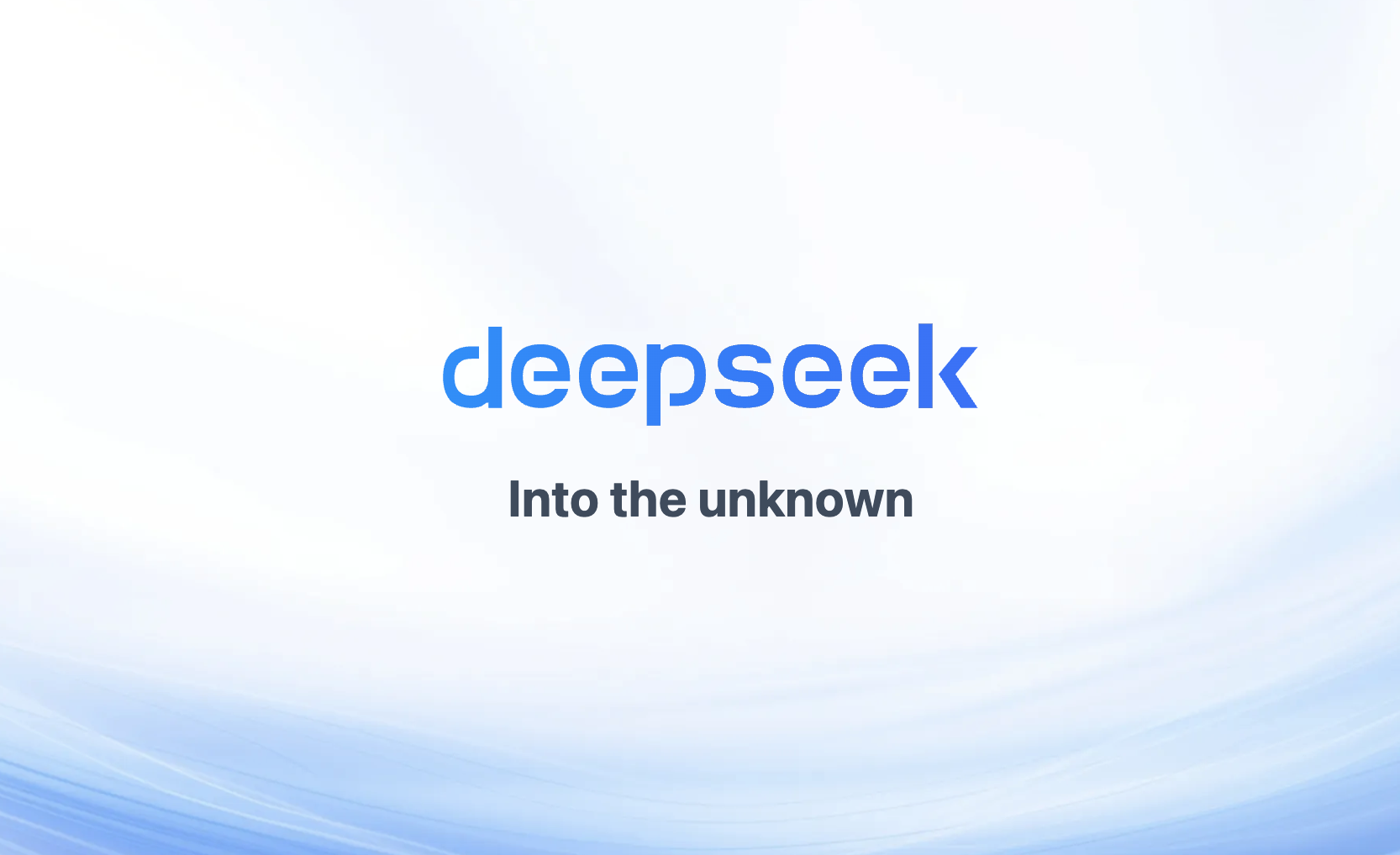
The New Era of Blockchain: The Rise of Decentralized AI Agents
In recent years, we've witnessed blockchain technology evolve from a niche concept into a global phenomenon. However, despite its immense potential, the complexity of user experience has remained a significant barrier to mass adoption. As we contemplate the future of blockchain, a new solution is emerging: decentralized AI agents.
Why do we need AI agents? The answer lies in the fundamental challenges facing today's blockchain ecosystem. Imagine a typical user attempting to interact with blockchain applications - they must grasp complex concepts like private key management, wallet security, and gas fees. As Hugo, CEO of Minima, notes: "In our seven years of blockchain development experience, we've found that user experience and interface complexity have been major obstacles."
The emergence of decentralized AI agents could revolutionize this landscape. These agents can not only autonomously manage wallets and execute transactions but, more importantly, make intelligent decisions for users. For instance, in healthcare, AI agents are already capable of aggregating and analyzing vast amounts of medical research literature, helping patients better understand their conditions. This transcends mere speculation, representing applications that can truly transform lives.
However, when discussing AI agents, the importance of decentralization cannot be overlooked. Current AI systems are predominantly controlled by large tech companies, raising concerns about data privacy and autonomy. Truly decentralized AI agents should be capable of running their own nodes, controlling their data, and making independent decisions. As demonstrated by one developing project, AI agents can operate autonomously on the blockchain without relying on centralized hot wallets or servers.
One pioneering project in this space is particularly noteworthy. As revealed by Minima, they are launching a fully decentralized AI Agent on Deepseek that demonstrates true autonomy in action. Unlike traditional approaches, this AI agent won't rely on hot wallets connected to other blockchains. Instead, it will run its own node, maintaining complete control over its data and transactions, with the ability to submit its own tokens. This represents one of the first implementations of truly autonomous AI agents in the blockchain space.
The practical applications of decentralized AI agents exceed our expectations. In finance, they can monitor markets and execute trading strategies 24/7; in social media, they can filter information and provide personalized content recommendations; in daily life, they can serve as intelligent assistants, helping users manage digital assets and online identities.
Yet, this technology faces significant challenges. The first is technical: how can we ensure efficient AI model operation while maintaining decentralization? The second is ethical: how do we ensure transparency in AI agent decision-making and establish accountability? These are questions the industry must collectively explore.
Looking ahead, decentralized AI agents are likely to become a key force in driving blockchain technology mainstream. As experts predict, future users might interact with blockchain technology through AI agents as naturally as we use the internet today, often without even realizing it.
This represents more than just technological evolution; it's a revolutionary shift in user interaction paradigms. In this new era, technological complexity will be hidden behind intelligent agents, allowing users to truly benefit from the convenience and value that blockchain technology offers.
As one industry expert puts it: "As long as we continue to build and solve real problems, creating genuine value, blockchain technology will become so natural that people won't even think about using it." This might be the future that decentralized AI agents are helping us envision.
The integration of AI agents into blockchain systems also addresses another crucial aspect: the transition from speculation-based to utility-based adoption. While early blockchain adoption was driven largely by speculation, AI agents focus on creating practical value through real-world applications. This shift could be the key to achieving the mainstream adoption that the blockchain industry has long sought.
Moreover, the development of decentralized AI agents represents a unique convergence of two transformative technologies. Just as QR codes needed smartphones to achieve widespread adoption, blockchain technology might need AI agents to reach its full potential. This symbiotic relationship could create opportunities and use cases we haven't yet imagined.
As we stand on the cusp of this new era, it's clear that decentralized AI agents are not just another technological innovation - they could be the missing link that makes blockchain technology accessible and valuable to everyone. The future they promise is not just about better technology; it's about better lives for users everywhere.
Comments